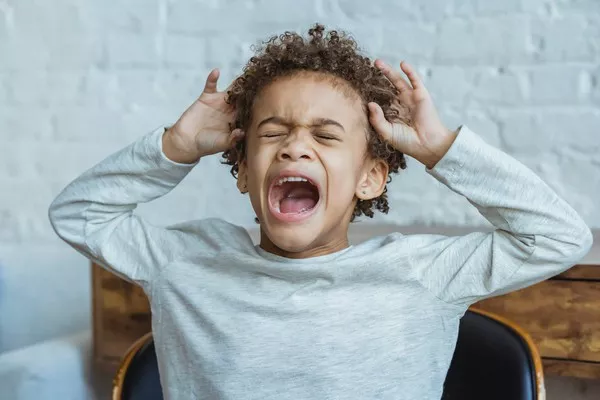Social phobia, also known as social anxiety disorder, is a common mental health condition that affects millions of people worldwide. It can interfere with your ability to function in social situations, leading to feelings of self-consciousness, embarrassment, and avoidance behaviors. If you think you may be experiencing social phobia, it is essential to seek professional help. In this article, we will explore some signs and symptoms of social phobia to help you identify whether you may be suffering from social phobia.
Signs and Symptoms of Social Phobia:
Intense Fear of Social Situations: If you experience overwhelming anxiety or fear in social situations, such as public speaking, meeting new people, or attending social events, you may be suffering from social phobia.
- Avoidance Behaviors
If you consistently avoid social situations, withdraw from social activities, or go to great lengths to avoid situations that make you anxious, it may be a sign of social phobia.
- Physical Symptoms
Social phobia can cause physical symptoms such as sweating, trembling, nausea, rapid heartbeat, and shortness of breath.
- Negative Self-Talk
If you have negative thoughts or beliefs about yourself in social situations, such as feeling like you are being judged or scrutinized, it may be a sign of social phobia.
- Impact on Daily Life
If your social anxiety is impacting your daily life, such as your ability to work, socialize, or attend school, it may be a sign of social phobia.
- Getting Help for Social Phobia:
If you identify with any of the signs and symptoms of social phobia, it is essential to seek professional help. A mental health professional can provide an accurate diagnosis and recommend appropriate treatment options, such as therapy, medication, or a combination of both. Additionally, there are self-help strategies you can use to manage social phobia, such as mindfulness techniques, exercise, and relaxation techniques.
Social phobia is a common mental health condition that can significantly impact your quality of life. By recognizing the signs and symptoms of social phobia and seeking professional help, you can take steps towards managing your social anxiety and improving your overall well-being. Remember that social phobia is treatable, and there is hope for recovery.





























